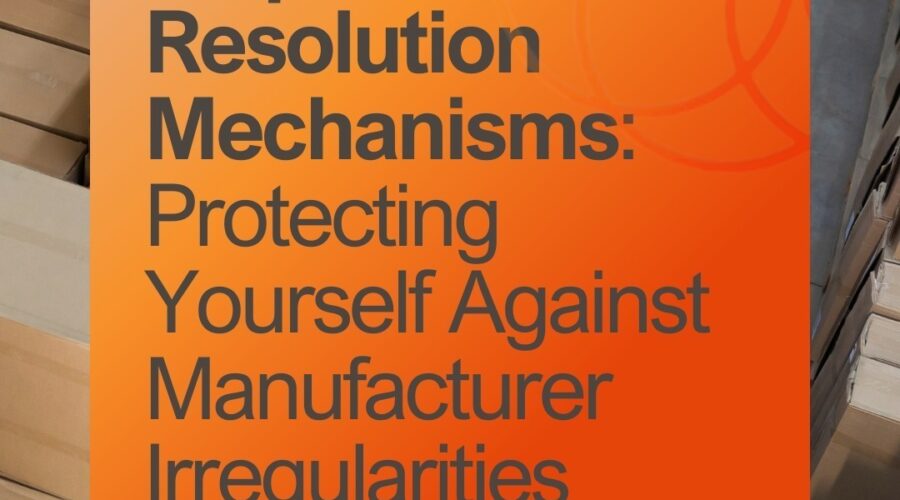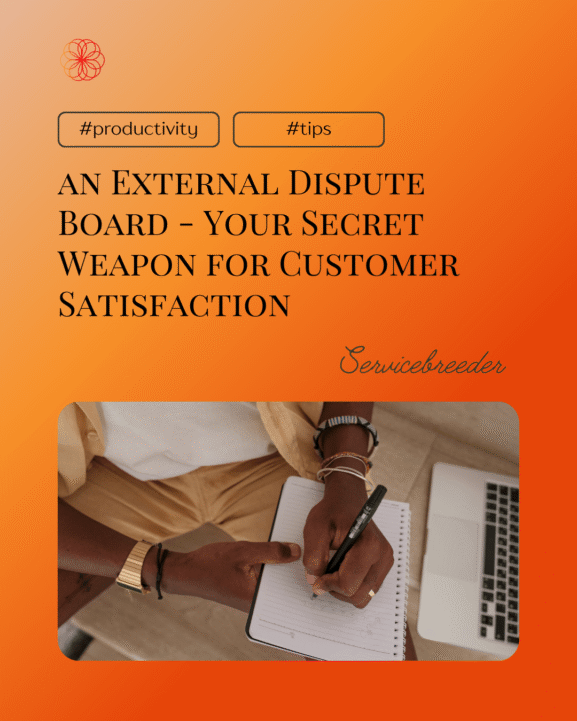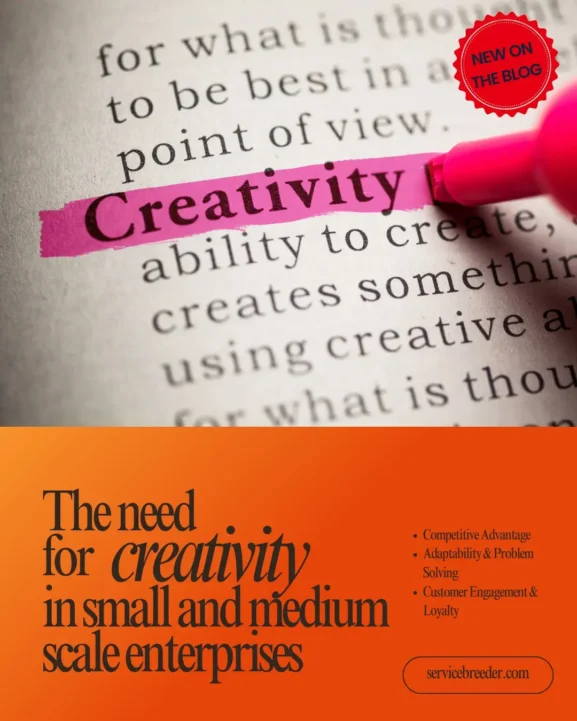Dispute Resolution Mechanisms: Protecting Yourself Against Manufacturer Irregularities
When working with or purchasing from manufacturers, irregularities such as product defects, delivery delays, or breaches of contract can arise. These issues can disrupt your business and lead to significant financial and operational challenges. An effective dispute resolution mechanism is essential to safeguarding your interests and ensuring that any problems can be dealt with swiftly and fairly.
Reasons for a Dispute Resolution Mechanism
A dispute resolution mechanism outlines the process to follow if a disagreement occurs, helping both parties find a solution without resorting to costly and time-consuming litigation. In manufacturing relationships, where contracts and expectations can be complex, such mechanisms can provide clarity and prevent disputes from escalating.
Common issues that may require resolution include:
- Substandard product quality
- Delays in delivery
- Breach of contract terms
- Discrepancies in invoices or payments
Without a clear process, manufacturers may exploit misunderstandings, leaving businesses vulnerable to lost profits and reputational damage.
How to Protect Yourself from Manufacturers’ Irregularities
- Clearly Defined Contracts
- A well-drafted contract is the first line of defence. Ensure that quality standards, delivery timelines, payment terms, and dispute resolution clauses are clearly outlined. This creates a solid foundation for resolving any future issues.
- Communication is Crucial
- Keep lines of communication open with your manufacturer. Regular updates and clear expectations can prevent many disputes from arising. If a problem does occur, try to resolve it amicably before escalating.
- Mediation and Arbitration
- If informal negotiation doesn’t resolve the issue, consider mediation or arbitration. These are faster and more cost-effective alternatives to litigation. Including an arbitration clause in your contract specifies that both parties agree to resolve disputes through an arbitrator, ensuring fairness and clarity.
- Legal Backup
- In cases where disputes cannot be resolved through negotiation or alternative methods, you may need to consider litigation. Always consult a solicitor who specialises in commercial law to ensure you’re prepared for any legal action.
Disputes with manufacturers are inevitable, but having a robust dispute resolution mechanism in place can protect your business from unnecessary risks. By setting clear expectations in your contracts, maintaining good communication, and understanding your options for resolving conflicts, you can safeguard your interests and keep your business running smoothly.



